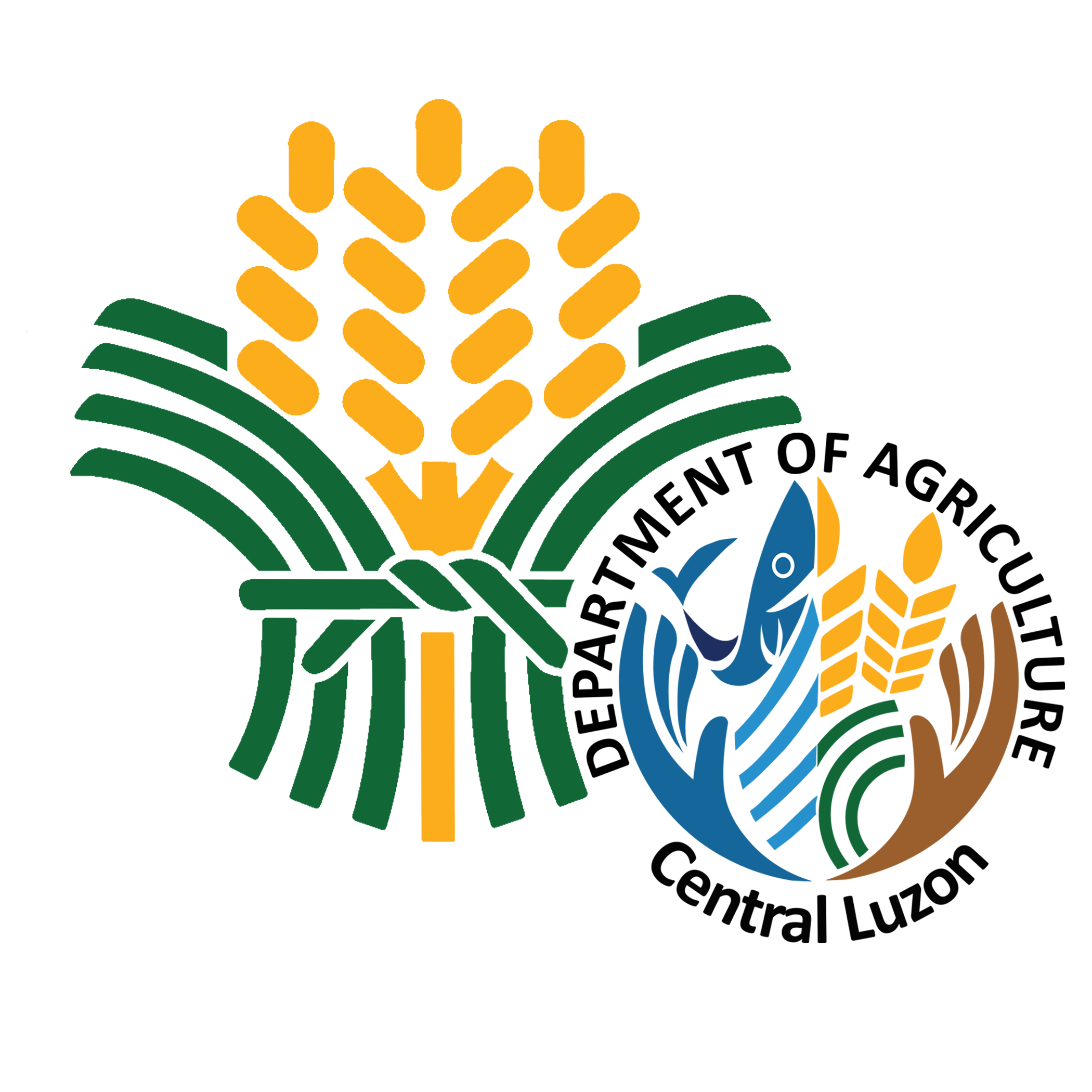DA bats for free, fair rice trade
Agriculture Secretary William Dar urges rice industry stakeholders to uphold free and fair trade amidst negative perception on rice importation under the Rice Tariffication Law (RTL).
“It is true that under RTL, we encourage free trade primarily to lower the price of rice in the market. But let me also emphasize that we operate on the premise of fair trade, regardless of the volume that we are looking into. Our measures to ensure this has always been in place,” Dar said.
The DA chief also clarifies the seemingly abnormal shoot up of rice imports in the country for 2019. Reports from the Bureau of Customs (BOC) show that rice import volume since the implementation of the RTL only reached 1.87 million metric tons (MMT) from March to October this year.
Meanwhile, the DA-Bureau of Plant Industry only accounted 2 MMT in the application for sanitary and phytosanitary (SPS) Import Clearance or SPSIC for imported rice. Dar says the 2.99-MMT imports reported by BOC reflects the total rice imports in the country for the year, even before the implementation of RTL.
“We need to keep rice production profitable and rice prices affordable to a growing consumer market. It is imperative to make our rice production systems more efficient, inclusive, and sustainable,” Dar said.
During his recent visit in Brunei, Dar asked his counterparts, the agri chiefs from other rice exporting countries, Vietnam and Thailand in particular, to hold the release of export permits to rice traders without the Philippines-issued SPSIC.
“With agreement from my counterparts in rice-exporting countries, we hope to arrest the influx of undocumented imported rice coming in the country. This is our move as we prepare our local rice industry to produce more with less cost,” Dar added.
Dar cited the implementation of the component programs under the Rice Competitiveness Enhancement Fund (RCEF) aimed at improving the competitiveness and income of rice farmers amidst rice trade liberalization. The four programs on seeds, mechanization, credit, and extension services are expected to increase farmers’ yield up to 6 tons per hectare and reduce their production cost down to P8 per kilo of palay.
“RCEF is a major strategy to lessen our rice imports in the coming years. I am assuring our farmers that we are on schedule when it comes to the rollout of its component programs,” Dar said.
As of this report, DA-PhilRice has been distributing certified seeds throughout the country, until January 2020 for dry season planting of around 1 million hectares. Meanwhile, DA-PHilMech has validated 620 farmer cooperatives and associations as recipients of farm machines. The Development Bank of the Philippines has released a P500 million-loan to a cooperative in Isabela to help farmers in the area, while the Lank Bank of the Philippines has loaned out P5 million to individual farmers and groups. Extension services through training programs and scholarships are also ongoing in collaboration with the DA-Agricultural Training Institute, PhilRice, PHilMech, and the Technical Education and Skills Development Authority.
###
Reference:
Noel Ocampo Reyes DA Spokesperson
& A/Sec for Communications & Media Affairs
09204889686

